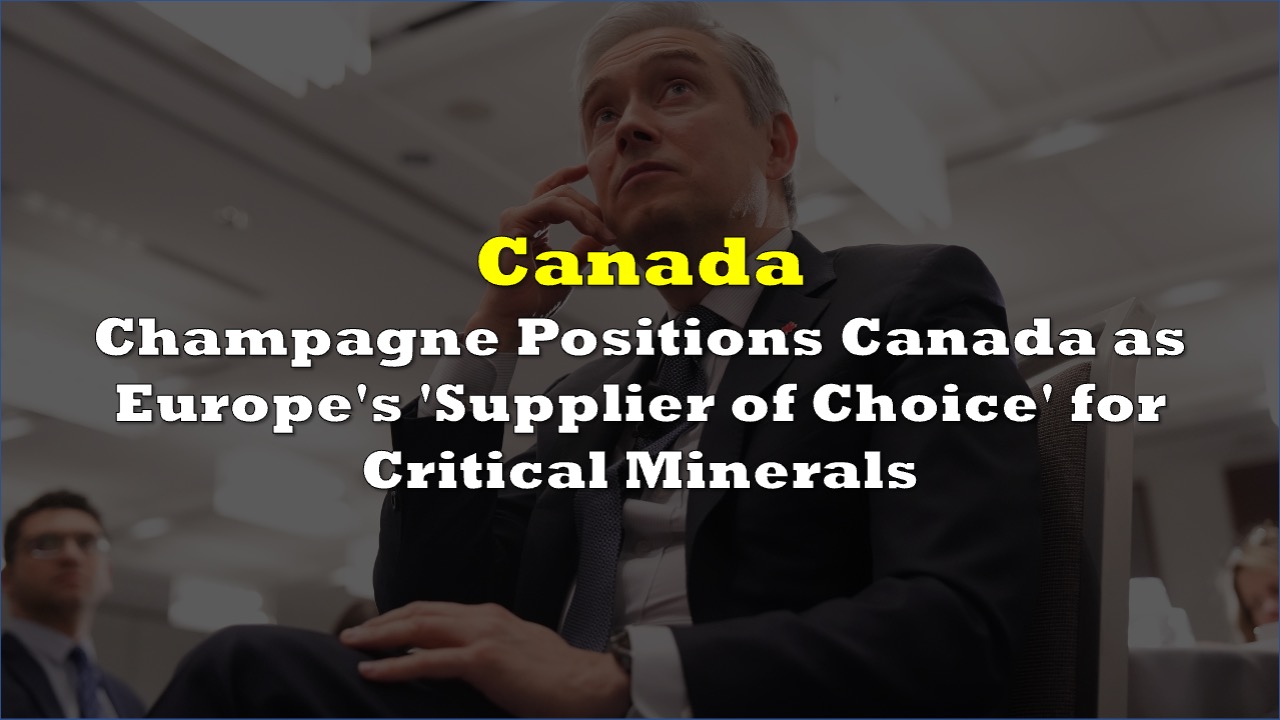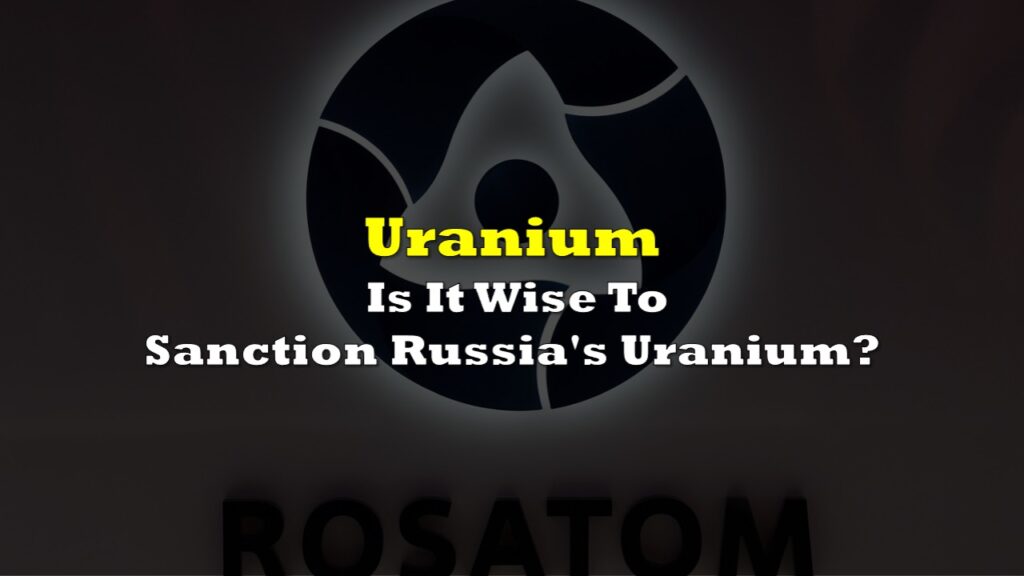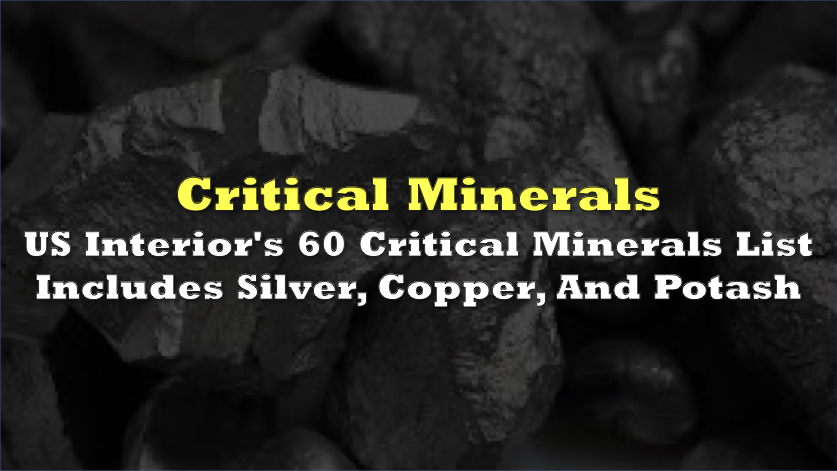Canadian Finance Minister François-Philippe Champagne positioned his country as a potential “supplier of choice” for critical minerals and energy to European markets during weekend meetings with EU finance officials, as Canada seeks to diversify its trade relationships ahead of challenging North American trade negotiations.
Speaking to reporters Saturday from Copenhagen, Champagne said Canadian exports of critical minerals, liquefied natural gas and nuclear technology could help European economies become more resilient while reducing their dependence on China and Russia for essential materials.
“We are redesigning the world economic order at a speed and at a scale that I would say has not been seen in a generation,” Champagne told reporters following meetings with European Union finance ministers in Denmark.
The Canadian outreach comes as Ottawa prepares for what are expected to be difficult negotiations to review the Canada-US-Mexico Agreement next year. Champagne expressed frustration with the United States, calling it “sad” that America “turned its back on Canada.”
“Obviously, the United States is a key trading partner,” Champagne said. “But at the same time, I think that it would be prudent for Canada to also diversify its market.”
Canada’s mineral deposits were “front and centre” in the Denmark discussions, Champagne said. He emphasized that critical minerals are “essential for the economy of the 21st century,” used in everything from aerospace and automotive sectors to defense industries.
The minister also highlighted Canada’s potential in supplying military equipment and defense capabilities to European allies, comparing the opportunity to Canada’s role supplying Allied forces during World War II.
Canada has identified 34 critical minerals as strategically important, focusing initially on six: lithium, graphite, nickel, cobalt, copper, and rare earth elements. While Canada produces more than 60 different minerals and metals, it currently accounts for less than 5% of global output for most critical minerals.
The country holds substantial reserves, including an estimated 15.2 million tonnes of rare earth elements as of 2023, and ranks as the world’s sixth-largest holder of lithium reserves. However, Canada produces little lithium or rare earth elements commercially, with most global processing dominated by China.
On Thursday, Canada and Mexico signed a separate agreement to deepen economic and security ties, which officials said would complement the trilateral North American trade deal.
The meetings in Denmark included finance officials from the United Kingdom, Norway, Ukraine and EU member states. Champagne said he also held bilateral discussions with Ukrainian officials and participated in roundtable talks on Arctic security.
Information for this story was found via the sources and companies mentioned. The author has no securities or affiliations related to the organizations discussed. Not a recommendation to buy or sell. Always do additional research and consult a professional before purchasing a security. The author holds no licenses.









